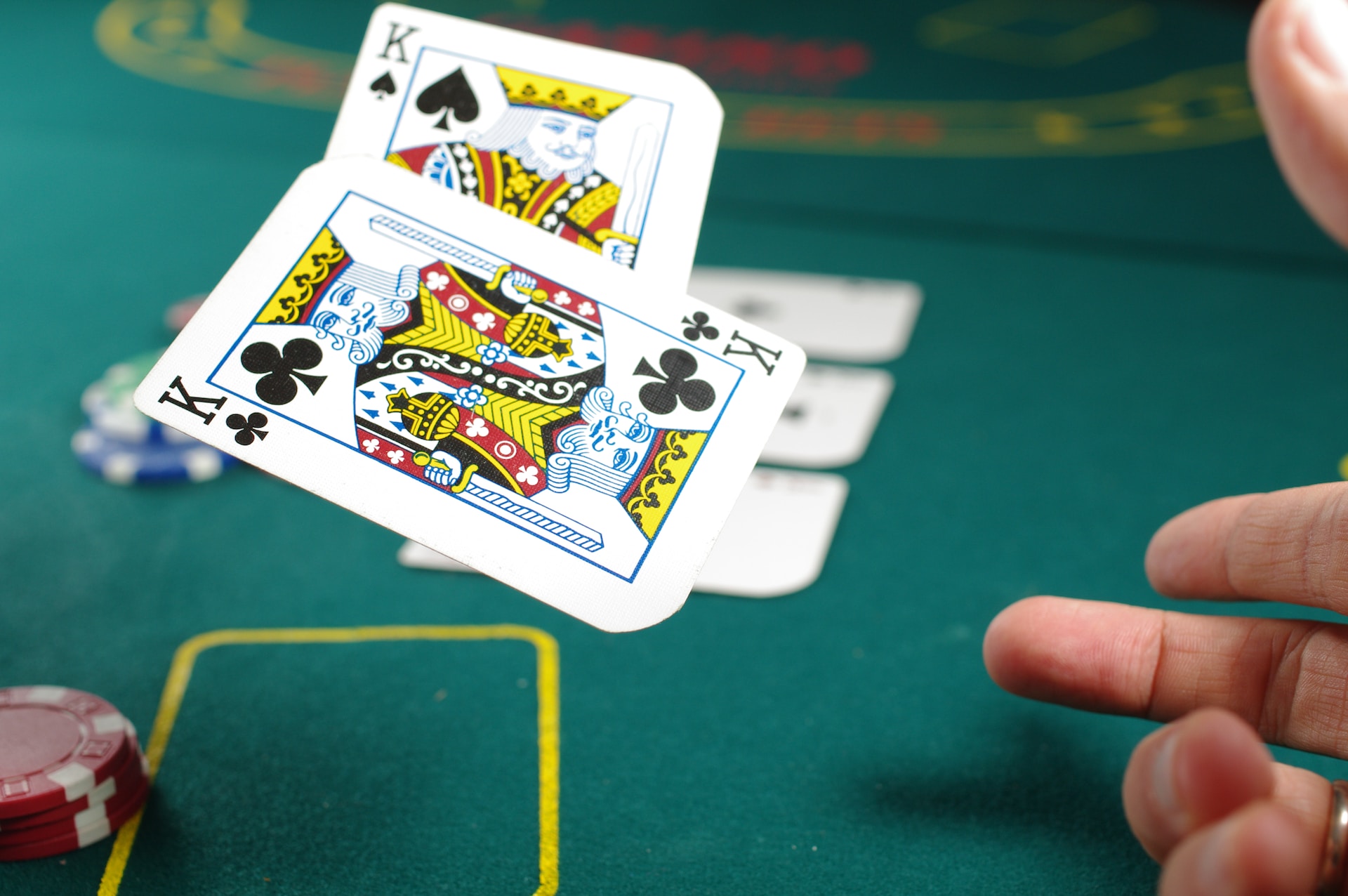Casinos, with their dazzling lights, spirited atmosphere, and the promise of fortune, have been an integral part of human entertainment for centuries. The history of casinos is a fascinating narrative that intertwines with societal changes, cultural shifts, and the evolution of gaming. In this exploration, we embark on a journey through the annals of time to trace the rich tapestry of casino history.
1. Early Beginnings:
- Ancient Roots: The origins of casino-like games can be traced back to ancient civilizations. The Chinese are credited with inventing games of chance around 2300 BC, while the Greeks and Romans engaged in various forms of gambling.
- Renaissance Europe: In Europe during the Renaissance, the popularity of dice games and rudimentary betting activities paved the way for the concept of the casino. The Ridotto, established in Venice in 1638, is often regarded as the first public gambling house.
2. Birth of the Casino:
- 18th Century: The 18th century witnessed the flourishing of gaming establishments across Europe. Notably, the Casino di Venezia in Venice and the Baden-Baden Casino in Germany became iconic symbols of opulence and entertainment.
- French Influence: French casinos, known for their elegance and sophistication, played a pivotal role in shaping the modern casino landscape. Roulette, a French invention, made its debut in the late 18th century.
3. American Frontier and Saloons:
- Wild West: In the 19th-century American West, makeshift casinos and saloons became synonymous with frontier life. Games like poker and blackjack gained popularity, setting the stage for the Western gambling lore.
- New Orleans and Poker: The city of New Orleans played a crucial role in the introduction of poker to the United States. The game quickly spread along the Mississippi River, becoming a staple in riverboat casinos.
4. Las Vegas: The Neon Oasis:
- 1930s: The 1930s marked a transformative period for the casino industry with the legalization of gambling in Nevada. Las Vegas, a once-sleepy desert town, emerged as the epicenter of casino entertainment.
- Mob Influence: During the mid-20th century, Las Vegas experienced a boom in casino construction, often backed by mob money. The Flamingo, opened by notorious mobster Bugsy Siegel in 1946, became a symbol of this era.
- Corporate Era: The late 20th century witnessed the corporatization of Las Vegas casinos. The rise of mega-resorts, themed hotels, and entertainment complexes transformed the city into a global gambling and entertainment destination.
5. Global Expansion:
- Macau: In the 21st century, Macau, a Special Administrative Region of China, surpassed Las Vegas as the world’s gambling capital. The region’s blend of Chinese and Portuguese influences attracts millions of visitors seeking a unique gaming experience.
- Online Gambling: The advent of the internet brought about a new era of gambling with the rise of online casinos. Players could now enjoy their favorite games from the comfort of their homes, marking a significant shift in the industry. For example, one of the most popular website is glory casino.
6. Modern Trends:
- Integrated Resorts: Contemporary casinos often take the form of integrated resorts, offering not only gaming but also luxurious accommodations, entertainment, and fine dining. These resorts cater to a diverse audience seeking a comprehensive entertainment experience.
- Technology Integration: Casinos continue to evolve with technological advancements. Electronic gaming, mobile apps, and virtual reality are reshaping the way players engage with casino games.
7. Responsible Gaming and Regulation:
- Regulatory Measures: The casino industry has faced scrutiny over the years, leading to the implementation of regulatory measures aimed at ensuring fair play, preventing problem gambling, and promoting responsible gaming practices.
- Social Impact: The societal impact of casinos, both positive and negative, remains a topic of discussion. Job creation, economic contributions, and tourism are balanced against concerns related to addiction and social issues.
Conclusion:
The history of casinos is a captivating saga that mirrors the evolution of societies and the human penchant for entertainment and risk-taking. From ancient dice games to the dazzling integrated resorts of today, casinos have continually adapted to cultural shifts and technological progress. As the industry navigates the 21st century, it continues to captivate audiences worldwide, promising an ever-evolving journey through the realms of chance and fortune.

